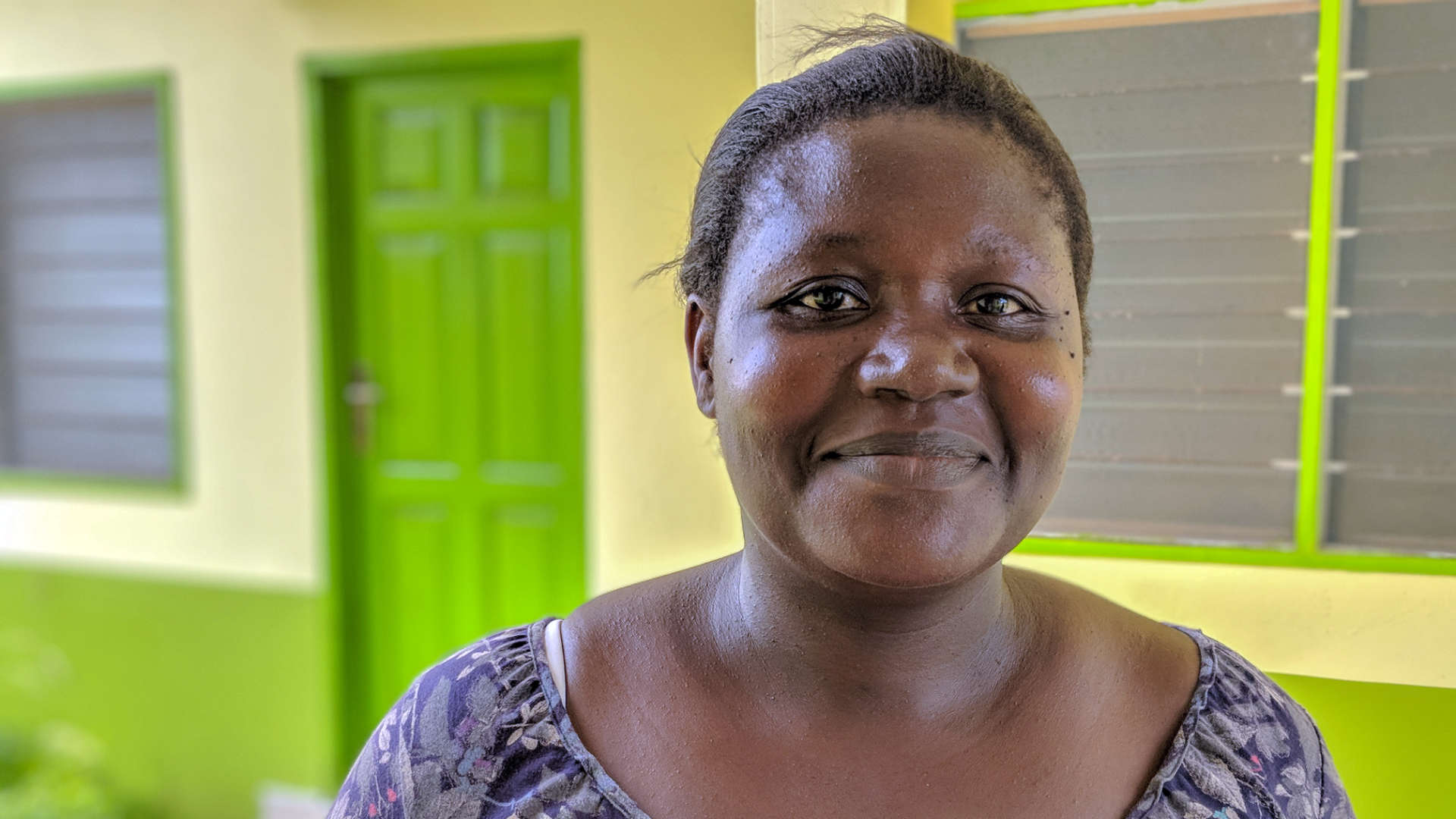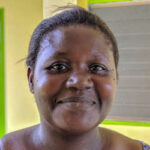
Community Health
Anita Busheal, a mother and community health volunteer in Ghana. Photo credit: DDC International
Community Health
URC partners with communities and local organizations at the community level in countries around the globe to improve public health and health care services. Our work considers not just best practices in primary health care globally, but – and more importantly – the needs and desires of communities themselves regarding their health and well-being.
Projects implemented by URC have supported and engaged with community health workers to help with: education, detection, and treatment for TB, malaria, and HIV; family planning education and services; drug treatment; water, sanitation, and hygiene; and a broad range of primary health care services.
We weave quality improvement (QI) into our interventions and prepare community leaders and health workers to assume local ownership over efforts to improve health outcomes. And we apply lessons from one project to the next, allowing further progress toward the ultimate goal of improving people’s health and well-being.
Case Study on Localization
Localization and Scaling Up in Uganda: HIV Testing and Care
Projects
Expanding Community Knowledge about Family Planning and Maternal Health: The USAID BARMMHealth Project in the Philippines partners with the Ministry of Health in the Bangsamoro Autonomous Region in Muslim Mindanao (BARMM) to improve access to quality family planning (FP), maternal and child health (MCH), and adolescent sexuality and reproductive health services. BARMMHealth has engaged Muslim religious leaders to help shift norms around FP, supported community dialogues on MCH and FP through commonly used interactive discussion sessions – called Usapan sessions – and worked with communities to increase support for young people’s access to FP and MCH information, for example.
The Community Health System Strengthening Approach: The global USAID Applying Science to Strengthen and Improve Systems (ASSIST) Project implemented the Community Health System Strengthening (CHSS) model, which linked existing formal and informal groups and networks to create an integrated care system to support community-level health. This engaged village chiefs and other leaders in identifying gaps in meeting community health needs, strengthened community-level care through community health workers and other service providers, and tested strategies to close those gaps to increase sustainability. URC has implemented this approach globally, including in Botswana, Burundi, Ethiopia, Haiti, Kenya, Lesotho, Malawi, Mali, Mozambique, Nigeria, Tanzania, and Uganda and in 13 Latin American and Caribbean countries as part of the USAID response to the Zika epidemic. This approach now is being applied by the USAID/Mali-funded Kènèya Nièta/Household and Community Health (HCH) Activity, led by URC.
The Wheel of Best Practices for Better Living: The first 1,000 days of life are a critical time to prevent childhood malnourishment. The Wheel of Practices for Better Living strategy – adopted in 2015 by the USAID Nutri-Salud: Community Nutrition and Health Project in collaboration with the Guatemalan Ministry of Health (MOH) – is used during home visits to explain 19 malnutrition prevention practices. A critical aspect of the Wheel was carefully incorporating the Mayan worldview related to key maternal and child health topics and ideas. URC since has adapted the Wheel for use by the USAID RHITES-EC Activity in Uganda and the Resilience and Economic Growth in Sahel – Enhanced Resilience Project in Niger and Burkina Faso.
Public-Private Cooperation on Community-Based Drug Rehabilitation (CBDR) in the Philippines: The SeaOil Foundation – which wanted a drug treatment program for people in General Santos City, where SeaOil operates facilities – sought advice from the mayor of General Santos City, who turned to the USAID RenewHealth Project. RenewHealth is expanding CBDR by training local government units to deliver evidence-based, compassionate treatment. RenewHealth recommended a culturally adapted and evidence informed Katatagan, Kalusugan at Damayan ng Komunidad (KKDK) – or Resilience, Health and Care in the Community program. That program, since launched, was made viable through USAID technical expertise, SeaOil Foundation funding for a new outpatient facility, and land and staffing from General Santos City.




